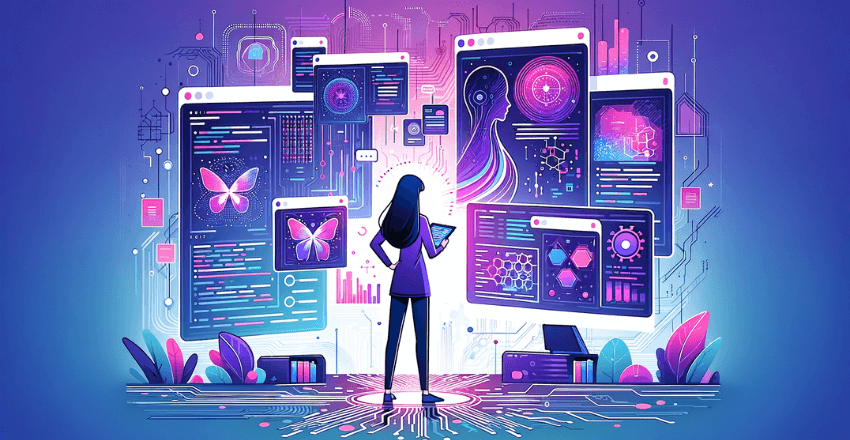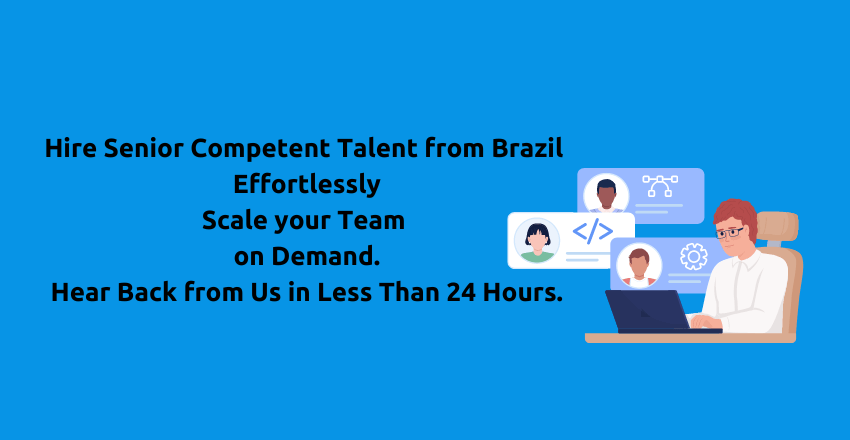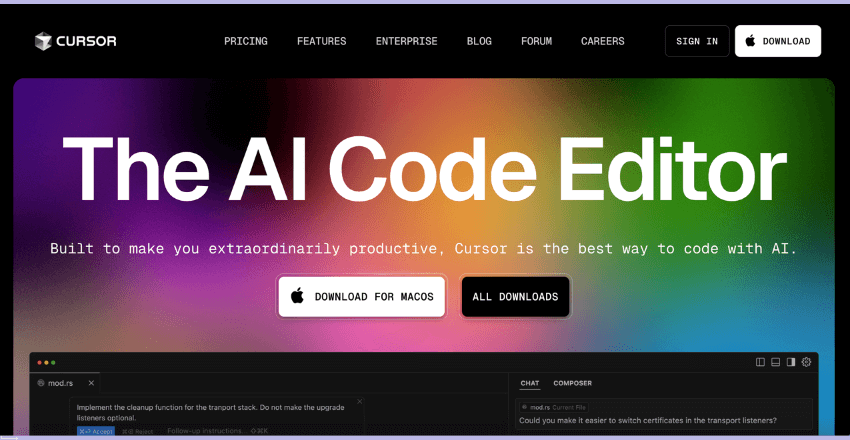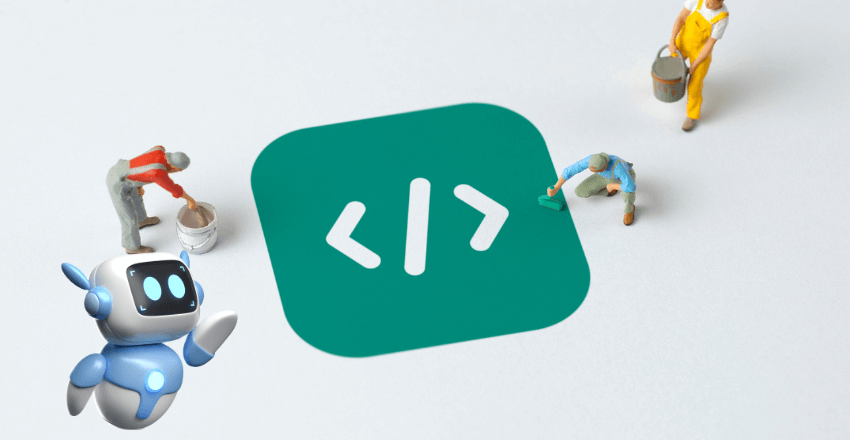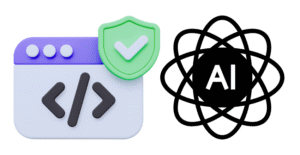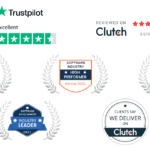Artificial intelligence (AI) is reshaping industries across the board, but one area where its impact is especially profound is in the hiring processes of tech companies. From streamlining resume screenings to enhancing candidate assessments, AI is a game-changer. Let’s explore how this technology is transforming hiring, with expert insights and real-world examples.
Reducing Bias in Hiring
One of the biggest challenges in hiring is reducing bias. Traditional hiring processes often unintentionally favor certain demographics over others. AI can help address this issue in several ways:
Removing Demographic Identifiers
AI can evaluate candidates without knowing their names, genders, ages, or races. By eliminating these identifiers, AI reduces the potential for unconscious bias. For example, a tech startup used AI to anonymize applications, which led to a more diverse group of hires.
Removing demographic identifiers can significantly mitigate bias. When humans review resumes, names, ages, and even photos can subconsciously influence decisions. AI’s anonymization ensures that every candidate is judged solely on their qualifications and experience. This levels the playing field, allowing candidates from diverse backgrounds to compete fairly.
However, playing devil’s advocate, it’s crucial to note that this approach isn’t foolproof. Some researchers argue that anonymization can strip away context. For instance, a candidate’s involvement in cultural organizations or minority-led projects might be vital to understanding their background and fit for a role. Anonymization might also overlook systemic issues that certain demographics face, such as gaps in employment due to cultural or socioeconomic factors.
Objective Skills Assessment
AI assesses candidates’ skills and qualifications against predefined job criteria objectively. Unlike human recruiters, who might be swayed by irrelevant personal attributes, AI focuses purely on relevant data. A leading tech firm implemented AI-driven assessments and saw a marked improvement in the alignment of candidate skills with job requirements.
Objective skills assessment is one of AI’s strong suits. Traditional interviews can be influenced by a myriad of factors, including the interviewer’s mood, implicit biases, and even the weather. AI, on the other hand, can consistently measure skills using standardized tests and data analysis, ensuring that each candidate is evaluated fairly. This objective approach can uncover hidden talent, identifying individuals who might have been overlooked by traditional methods.
However, there are concerns about the limitations of AI in this regard. Critics argue that AI can’t capture the full spectrum of a candidate’s abilities and potential. Soft skills like teamwork, leadership, and adaptability are harder to quantify but are crucial for many roles. Moreover, there is the risk of AI perpetuating existing biases if the training data reflects historical inequities. For example, if the data used to train the AI is biased towards certain groups, the AI might replicate these biases in its assessments.
Consistent Evaluation
AI applies the same evaluation criteria to all candidates, avoiding the inconsistencies human evaluators might introduce. This uniformity helps ensure fairness. For instance, a multinational corporation uses AI to standardize its hiring practices across different regions, ensuring consistent candidate evaluation.
Consistency in evaluation is a significant advantage of AI. Human evaluators can inadvertently introduce biases based on personal preferences, fatigue, or even the order in which they review applications. AI eliminates these variables, applying the same standards to all candidates. This can be particularly beneficial for large organizations with global operations, ensuring that candidates are evaluated uniformly regardless of their location.
On the flip side, the rigidity of AI evaluations can be a drawback. Human evaluators can adapt to nuances and context that AI might miss. For example, a candidate with unconventional experience might be a perfect fit for a role, but AI might discard them because their resume doesn’t match predefined criteria. Moreover, over-reliance on AI can lead to a lack of diversity in thought and background, as the system might favor candidates who fit a certain mold based on historical data.
Examples
Example 1: Unilever

Unilever has been a pioneer in using AI to enhance its hiring process. By implementing AI-driven games and video interviews, they’ve significantly reduced the time to hire and improved the quality of hires. Their AI tools analyze facial expressions, word choice, and other parameters to assess candidates’ suitability. This has led to a more diverse and capable workforce.
Example 2: Pymetrics
Pymetrics uses neuroscience-based games and AI to match candidates to roles where they are most likely to succeed. Their AI algorithms are designed to minimize bias and ensure fairness. Companies using Pymetrics have reported a more inclusive hiring process and better job performance from hires.
Example 3: IBM
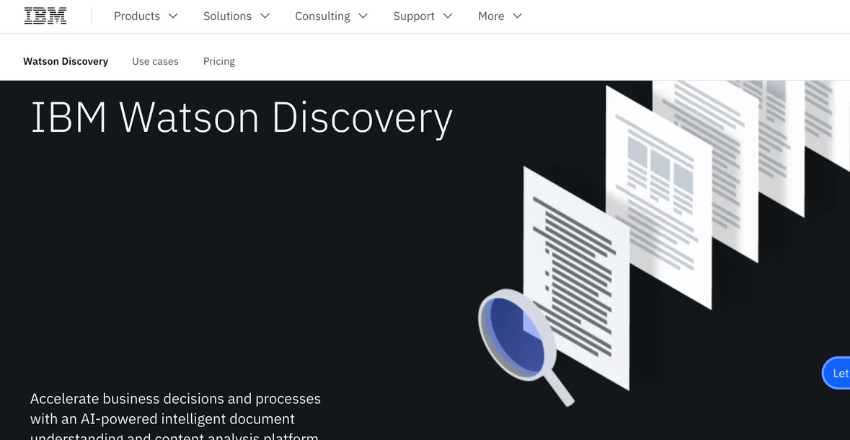
IBM employs AI to enhance its hiring practices, focusing on reducing bias and improving candidate experience. Their AI tools anonymize resumes and use predictive analytics to identify the best candidates. This has resulted in a more diverse workforce and better alignment of skills with job requirements.
Ensuring Fair and Equitable AI
To leverage AI’s full potential while mitigating its risks, companies must follow best practices:
Use Diverse and Representative Training Data
AI models should be trained on datasets that accurately represent the target population. This avoids biased outcomes. For example, Google’s AI hiring tool was improved by incorporating diverse data, reducing bias in its hiring decisions.
Implement Fairness-Aware Algorithms
Companies should use algorithms designed to detect and mitigate biases. These algorithms enforce constraints on protected characteristics like gender or race. IBM has developed such algorithms, which are now integral to its hiring processes.
Maintain Human Oversight
While AI can reduce biases, human oversight is essential. Diverse teams should audit AI decisions to spot and address any biases. A tech giant has a dedicated team to review AI-driven hiring decisions, ensuring they align with ethical standards.
Ensure Transparency and Explainability
AI tools should be transparent about their decision-making processes. Candidates should understand how they were evaluated and have opportunities to appeal or seek clarification. LinkedIn, for example, provides candidates with feedback on AI-driven decisions, enhancing transparency.
Challenges of AI in Hiring
Despite its advantages, AI in hiring comes with challenges that must be addressed:
Perpetuating Historical Biases
If AI systems are trained on biased data, they can perpetuate these biases. It’s crucial to continuously monitor and update AI training datasets to prevent this. Amazon faced this issue with its hiring AI, which was found to favor male candidates, highlighting the need for vigilant oversight.
Lack of Context and Nuance
AI might miss the context and nuance of a candidate’s qualifications or experiences, leading to oversimplified assessments. For example, a candidate’s unique cultural background might enrich their skillset in ways that AI could overlook.
Opacity and Lack of Accountability
Some AI systems operate as “black boxes,” making it difficult to understand decision-making processes. Ensuring AI accountability is crucial. Companies like Microsoft are investing in explainable AI to address this issue.
Disparate Impact on Underrepresented Groups
AI hiring practices, such as automated video interviews, might disadvantage candidates from underrepresented backgrounds. Tech firms are experimenting with more inclusive AI tools to ensure equitable hiring practices.
Transforming Hiring in Tech Companies
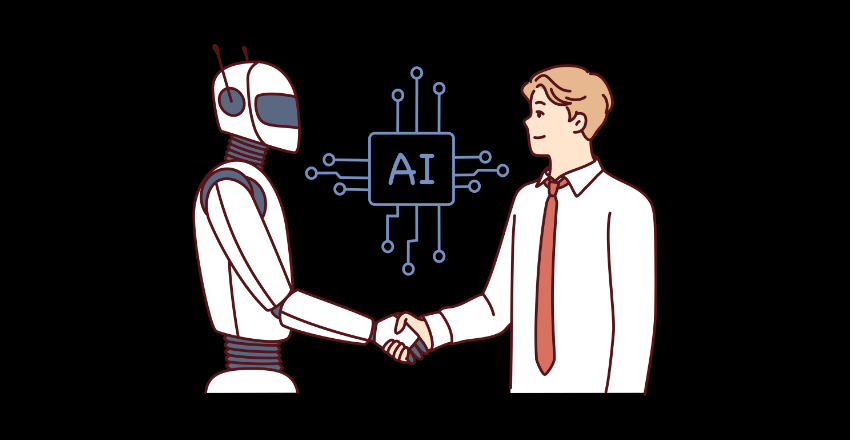
AI is revolutionizing hiring in tech companies by streamlining processes and enhancing decision-making:
Streamlining Resume Screening
AI can quickly scan and analyze large volumes of resumes, identifying relevant skills and experience. This efficiency allows recruiters to focus on the most qualified candidates. A tech company reduced its resume screening time by 75% using AI, significantly speeding up its hiring process.
Automating Communication
AI-powered chatbots can handle initial candidate communication, schedule interviews, and provide real-time responses. This automation improves candidate experience. For instance, a startup used AI chatbots to manage candidate queries, freeing up HR staff for more complex tasks.
Predictive Analytics
AI can analyze historical data and employee performance metrics to predict which candidates are likely to succeed. This data-driven approach aids in making more informed hiring decisions. A Silicon Valley firm saw a 30% increase in new hire performance by using AI for predictive analytics.
Skill Gap Identification
AI can assess current employees’ skills and identify gaps, guiding strategic hiring or training programs. This ensures that companies meet evolving business needs. A global tech company used AI to identify critical skill gaps, allowing for more targeted hiring and training efforts.
Enhancing Candidate Assessment
AI-powered assessments evaluate candidates’ job-specific skills, cognitive abilities, and personality traits more accurately than traditional methods. This helps identify the best fit for each role. A major tech corporation implemented AI assessments and improved their hiring accuracy by 40%.
The Future of AI in Hiring
As AI continues to evolve, its role in hiring will expand. Here’s what we can expect:
Increased Personalization
AI will offer more personalized candidate experiences, tailoring communication and assessments to individual preferences and needs. This could lead to higher candidate satisfaction and better fit.
Enhanced Ethical Standards
With growing awareness of AI ethics, companies will adopt stricter standards for AI in hiring. This includes regular audits, transparency reports, and clear accountability measures.
Integration with Human Insights
AI will complement human insights, not replace them. The future of hiring will likely see a blend of AI efficiency and human intuition, leading to more balanced and informed decisions.
Conclusion
AI is undeniably transforming the hiring process in tech companies. It offers numerous benefits, from reducing bias to streamlining operations. However, its implementation must be handled responsibly to avoid potential pitfalls. By combining AI’s capabilities with human oversight and ethical practices, tech companies can create a fair, efficient, and effective hiring process.


